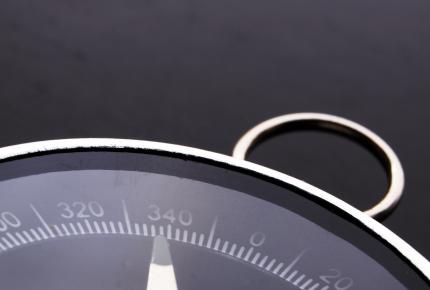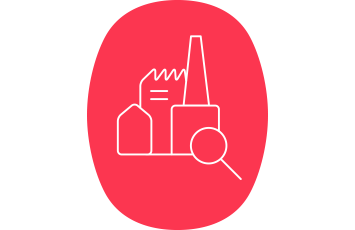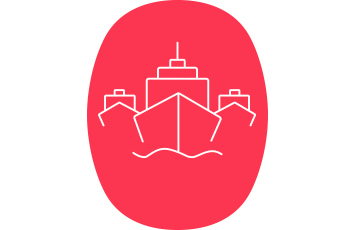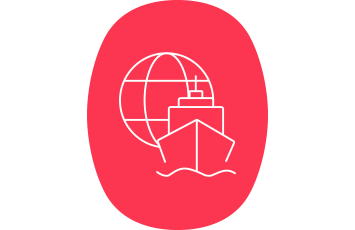Sustainable Shipping
Shipping is under great pressure to accelerate its decarbonization journey. Our Research & Development (R&D) team collaborate on many projects to make sure that the required pace of this transition does not reduce the safety standards of the technology it will rely on.
We work on projects exploring new low-carbon fuels to be able to answer ship owners’ concerns and to bridge the gap between the technology developers and its end users. Our SEECAT software allows us to simulate complex propulsion architecture with different energy saving systems and new propulsion. Our safety specialists also contribute to the safety studies to ensure ship decarbonization occurs in an atmosphere of trust.
OUR PROJECTS
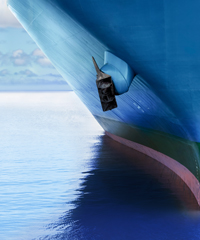 | TNTM#Marine |
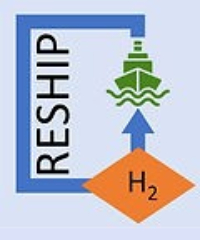 | RESHIP#EUProject #Marine |
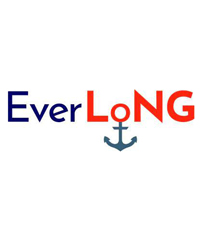 | EVERLONG#EUProject #Marine |
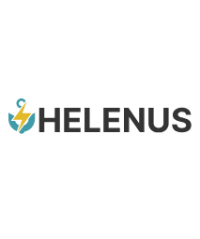 | HELENUS#EUproject #Marine |
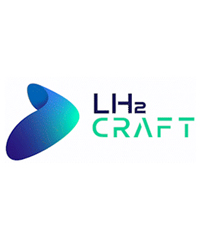 | LH2CRAFT#EUproject #Marine |
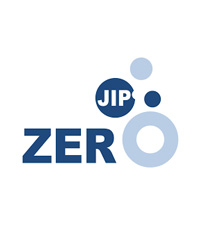 | ZERO#JIP #Marine |
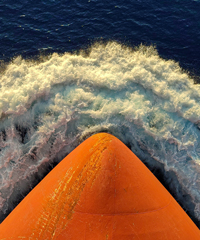 | FARMOTION#Marine |
 | OPTIWIZE#SustainableShipping |
 | PACBOAT#Marine |
 | JORES#SustainableShipping #Marine |
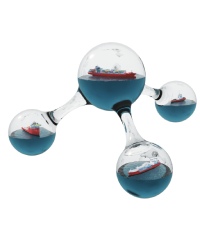 | AMMONIA DRIVE#SustainableShipping #Marine |
OUR SOFTWARE
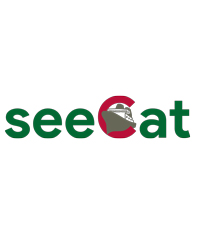 | SEECAT#Software #Marine |
